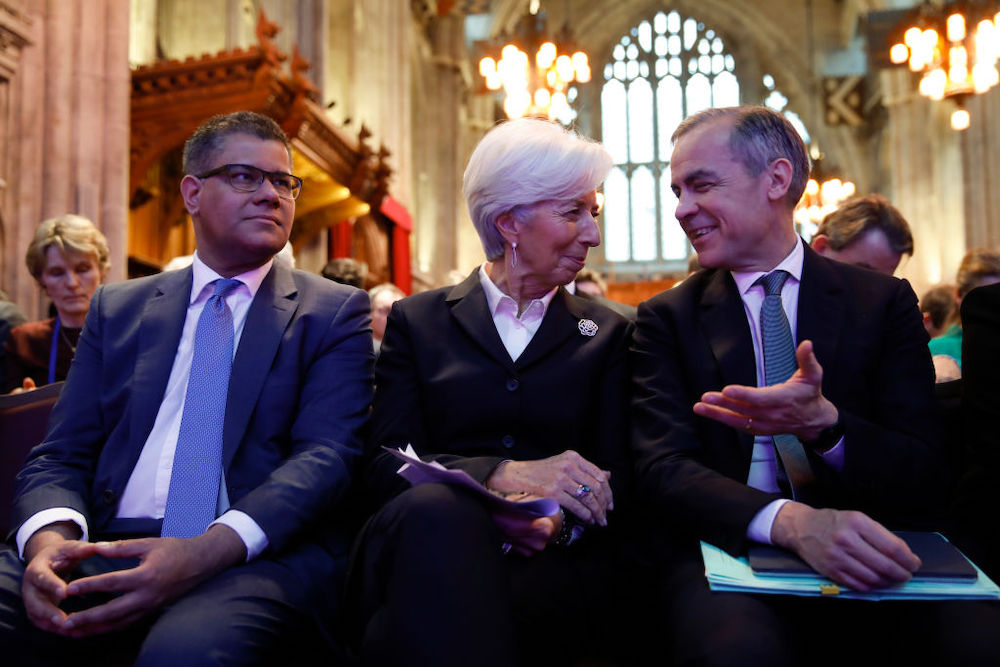- The postponement of the biggest climate conference in the world because of COVID-19 led activists to warn that the world can’t afford to wait to stem climate change.
- The pandemic’s latest blow to the planet may delay efforts to halt climate change.
- This year’s gathering was the crucial five-year mark designated by the Paris Agreement to assess the world’s progress in achieving climate goals — and determine whether any new ones were necessary.
Climate advocates are warning that the planet may become the latest victim of COVID-19 after the global pandemic forced the postponement of the COP26 climate conference until next year.
The event, originally scheduled for this November in Glasgow, Scotland, was considered an especially important gathering because it was to assess the collective progress of nations in reaching the climate goals in the landmark Paris Agreement. The accord requires an assessment every five years, potentially making the gathering more substantial than the annual United Nations climate change conferences.
“The UN and the UK government were entirely right to delay #COP26, but the planning for one of the most important summits in human history has to start now,” Andy Brown, director of research at the European Centre for Medium-Range Weather Forecasts, said in a tweet.
Almost 200 countries were party to the Paris agreement, which pledged to keep the rise in global temperatures this century less than 2 degrees Celsius above pre-industrial levels, preferably to 1.5 degrees. But some climate advocates have said that that’s not enough, and the international community needs to do more.
Elizabeth May, the first elected Green Party member of Parliament in Canada, tweeted that the postponement was “disturbing news” as the world runs “out of time to avoid hothouse Earth.” She added that the world must ensure that greenhouse-gas emissions “peak in 2020 and decline from now on.”
The postponement gives respite to governments under pressure to report their data in time for the conference. They will now have until the end of the year to pull together their updated NDCs — nationally determined contributions — and long-term decarbonization strategies. Only a handful of countries have already done it so even though all pledged to comply by this year.
Some climate advocates worry that the extra time will cause more harm to the planet and halt the momentum that seemed to be growing earlier this year, when companies like BlackRock, the world’s largest asset manager, committed to working to halt climate change.
In a statement, the European Union reiterated its commitment to a European Green Deal and said the postponement won’t slow or halt its work. Former U.S. presidential candidate and New York mayor Mike Bloomberg urged global leaders to stay focused on health and the environment.
“The #COVID 19 crisis is unprecedented,” Bloomberg said on Twitter. “#COP26 leaders made the right decision in postponing the climate conference, but we can’t take our eyes off the ball.”
The U.S., which was party to the Paris Agreement under former President Barack Obama, is scheduled to withdraw from the accord in November after President Donald Trump informed the U.N. last year that the country was leaving. Some climate advocates have expressed hope that if Trump loses the election in November his presumptive opponent, Joe Biden, would allow the country to attend the postponed COP26 in 2021.
“Delaying COP26 until 2021 means that Biden might have the chance to re-establish U.S. climate leadership,” Paul Bledsoe, a former climate adviser in the Clinton administration now with the Progressive Policy Institute in Washington, told The Guardian.
Photo by Tolga Akmen – WPA Pool/Getty Images

























